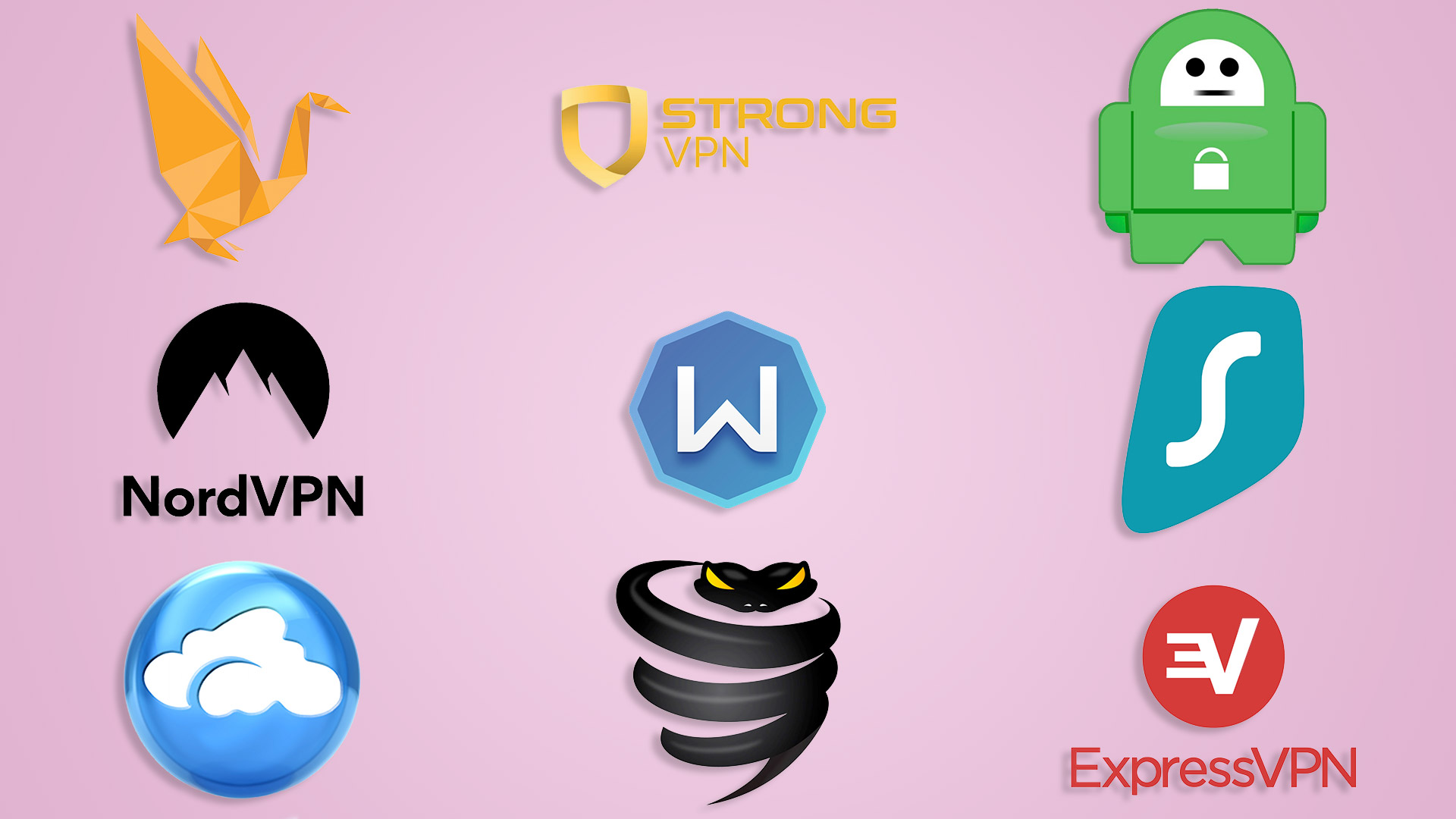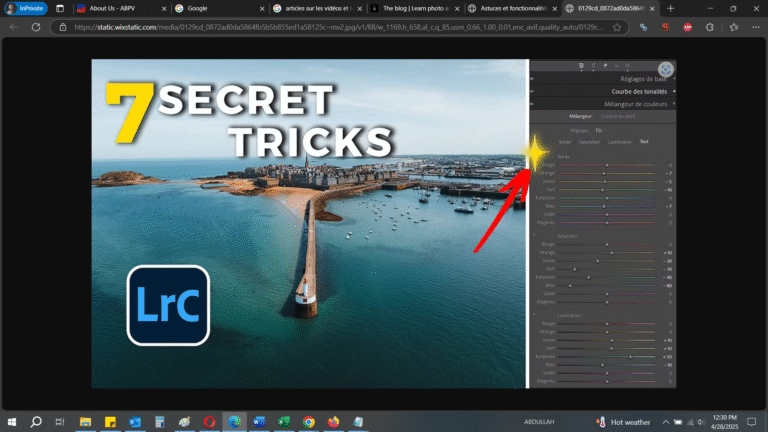In today’s hyper-connected world, online privacy and security are more critical than ever. Whether you’re working remotely, streaming your favorite shows, or simply browsing the web, a Virtual Private Network (VPN) is essential to safeguard your digital presence. But with hundreds of options available, how do you choose the best VPN app for ultimate privacy and security?
This guide breaks it down step-by-step to help you make a smart, informed decision.
1. Understand Why You Need a VPN
Before choosing a VPN, first define your goals:
- Privacy: Protect your identity and browsing habits from ISPs, advertisers, and government surveillance.
- Security: Safeguard your data on public Wi-Fi networks against hackers.
- Access: Bypass geo-restrictions to access content like Netflix libraries, YouTube videos, or websites banned in your country.
- Anonymity: Browse without being tracked or profiled.
Knowing your purpose will help you prioritize features.
2. Look for a Strict No-Logs Policy
The best VPNs have a strict no-logs policy, meaning they do not store records of your activities online. This is crucial because even if authorities request data, there’s nothing to hand over.
Questions to ask:
- Does the VPN provider clearly explain its logging policy?
- Has the VPN undergone an independent audit verifying its no-logs claims?
- Where is the VPN company based? (Some countries have mandatory data retention laws.)
Tip: Look for VPNs based in privacy-friendly jurisdictions like Switzerland, Panama, or the British Virgin Islands.
3. Check for Strong Encryption Standards
The backbone of any VPN is its encryption. It scrambles your data so that even if intercepted, it remains unreadable.
Minimum encryption standard:
- AES-256 bit encryption (used by governments and military organizations worldwide).
Other important security features:
- Secure VPN protocols like OpenVPN, WireGuard, or IKEv2.
- Perfect Forward Secrecy (generates new encryption keys for each session).
Avoid VPNs using outdated protocols like PPTP — they are fast but insecure.
4. Evaluate the Speed and Performance
Privacy and security are essential, but slow internet speeds can ruin the experience. Good VPNs offer high speeds without sacrificing protection.
Things to consider:
- Do they have unlimited bandwidth?
- How many servers and locations do they offer?
- Are there specialized servers for streaming or torrenting?
Pro Tip: Some VPNs offer a free trial or money-back guarantee. Test the performance before committing.
5. Examine the App’s Features
The best VPN apps offer more than basic tunneling. Here’s what to look for:
- Kill Switch: Cuts your internet connection if the VPN drops, ensuring your real IP isn’t exposed.
- Split Tunneling: Choose which apps go through the VPN and which use the regular internet.
- Multi-hop/Double VPN: Routes your traffic through two servers for extra protection.
- Ad and Tracker Blockers: Some VPNs offer built-in protection against trackers and malware.
Having these features ensures comprehensive online security.
6. Verify Device Compatibility
Make sure the VPN supports all the devices you use:
- Windows, macOS, Linux
- Android, iOS
- Smart TVs, routers, gaming consoles
Bonus: Some top VPNs allow simultaneous connections on multiple devices under one subscription — ideal for families or multi-device users.
7. Assess Customer Support and Transparency
When technical issues arise, responsive customer support is invaluable.
Good VPN customer service should offer:
- 24/7 live chat
- Comprehensive FAQs and troubleshooting guides
- Transparent terms of service
Also, regularly check if the company releases transparency reports or third-party audits. This shows their commitment to privacy and accountability.
8. Be Wary of “Free” VPN Apps
While “free” sounds tempting, it usually comes at a price — and that price is often your privacy. Many free VPNs:
- Log and sell your data to advertisers.
- Offer weak encryption.
- Contain malware or intrusive ads.
If budget is a concern, opt for reputable VPNs with affordable plans instead of compromising your digital security.
9. Look at Pricing and Refund Policies
Premium VPN services are an investment in your privacy. Fortunately, most VPNs offer different tiers to suit various needs.
Things to note:
- Look for providers offering money-back guarantees (30 days is common).
- Beware of “lifetime” subscriptions — often too good to be true.
- Watch out for hidden fees.
Paying a small monthly fee can give you peace of mind and top-notch security.
10. Top VPN Apps to Consider in 2025
Based on the criteria above, here are a few VPNs that stand out in 2025:
| VPN App | Highlights |
|---|---|
| ExpressVPN | Fast speeds, audited no-logs policy, global servers |
| NordVPN | Double VPN feature, WireGuard support, ad-blocking |
| Surfshark | Affordable, unlimited devices, CleanWeb feature |
| ProtonVPN | Swiss-based, free version available, strong security |
| Mullvad | No email needed, flat pricing, excellent privacy |
Each offers a balance of speed, security, and usability — but make sure to choose based on your personal needs.
Conclusion
Choosing the best VPN app for ultimate privacy and security isn’t just about picking the most popular name — it’s about understanding your goals, scrutinizing features, and making sure the provider is truly committed to protecting you.
Take the time to research, test, and choose wisely.
Your online life — from personal information to sensitive business data — deserves the best possible protection.
Stay safe. Stay private. Stay free. 🛡️🌐



